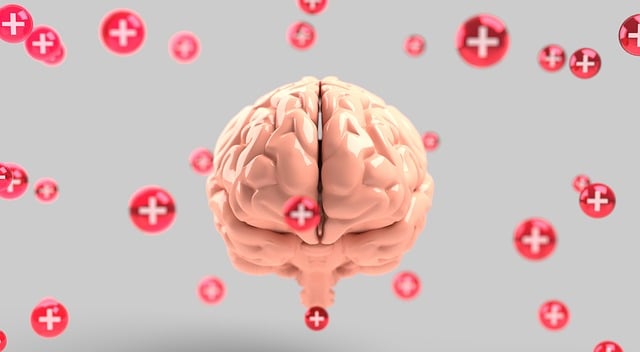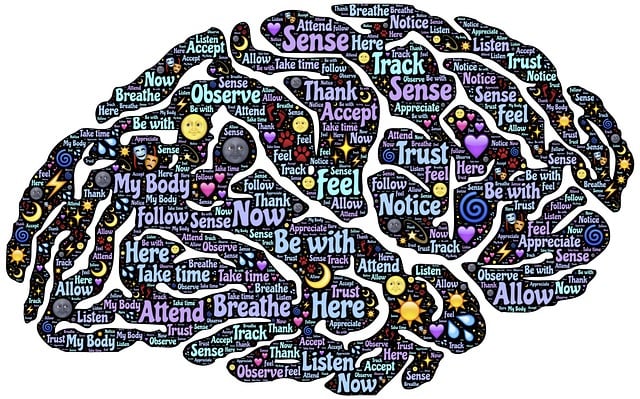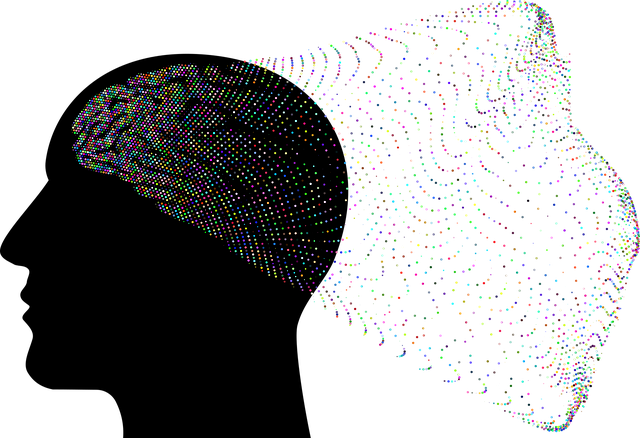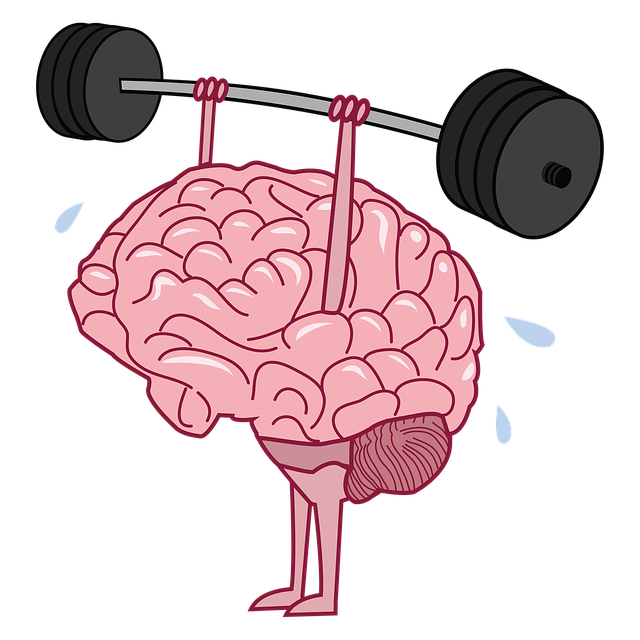Understanding mood regulation is crucial for navigating interpersonal issues and promoting overall well-being. Golden Interpersonal Issues Therapy (GIIT) offers an innovative approach by focusing on communication skills, conflict resolution, and empathy development within relationships to effectively manage emotions. This method, combined with self-awareness exercises, mindfulness techniques, and stress management workshops, empowers individuals to set boundaries, enhance emotional intelligence, reduce stress, and prevent burnout, ultimately fostering healthier connections and personal growth. GIIT is a powerful tool in addressing mood management challenges stemming from interpersonal issues, providing effective coping strategies for improved emotional well-being.
Mood regulation is a vital skill, impacting every aspect of daily life. In this article, we explore effective strategies to manage and enhance your mood, focusing on the transformative power of Golden Interpersonal Issues Therapy (GIIT). GIIT offers a unique approach to understanding and addressing emotional challenges. We’ll delve into practical techniques, providing insights on navigating interpersonal issues and fostering positive moods. By combining therapeutic methods with everyday strategies, individuals can take control of their emotional well-being.
- Understanding Mood Regulation and Its Impact on Daily Life
- The Role of Golden Interpersonal Issues Therapy (GIIT) in Managing Moods
- Practical Strategies for Effective Mood Regulation
- Overcoming Common Challenges in Mood Management Through GIIT
Understanding Mood Regulation and Its Impact on Daily Life

Understanding mood regulation is crucial for navigating interpersonal issues and enhancing overall well-being. Mood, a subjective experience of emotional states, significantly influences our daily interactions and decision-making processes. When left unmanaged, extreme or persistent moods can lead to interpersonal conflicts and hinder personal growth. Golden Interpersonal Issues Therapy (GIIT) offers valuable tools to address these challenges by focusing on improving communication, empathy, and conflict resolution skills.
Effective mood regulation strategies are essential components of mental health education programs design. Self-awareness exercises play a pivotal role in this process, helping individuals recognize their emotional triggers and patterns. By integrating these practices into daily routines, people can foster resilience, reduce the impact of stressful events, and ultimately contribute to Mental Illness Stigma Reduction Efforts.
The Role of Golden Interpersonal Issues Therapy (GIIT) in Managing Moods

Golden Interpersonal Issues Therapy (GIIT) offers a unique and effective approach to managing moods by addressing underlying interpersonal issues that can significantly impact emotional well-being. This therapy focuses on enhancing communication, resolving conflicts, and building empathy within relationships, all of which are crucial aspects of emotional regulation. By helping individuals navigate their social interactions with greater awareness and understanding, GIIT aims to reduce stress, anxiety, and depression associated with interpersonal challenges.
One of the key benefits of GIIT is its ability to prevent burnout, a common consequence of unresolved interpersonal conflicts. Through structured techniques, clients learn to set healthy boundaries, assert their needs, and understand others’ perspectives, fostering more supportive and fulfilling relationships. Moreover, empathy-building strategies within GIIT enable individuals to connect deeply with themselves and others, enhancing emotional intelligence and promoting a sense of calm in the face of mood fluctuations.
Practical Strategies for Effective Mood Regulation

Maintaining emotional balance is a crucial aspect of overall well-being, and there are practical strategies to help individuals manage their moods effectively. One powerful approach that intertwines with Interpersonal Issues Therapy (IIT) is focusing on interpersonal connections and empathy building. By fostering strong relationships and practicing active listening, individuals can enhance their ability to regulate emotions. Empathy allows us to understand and share the feelings of others, which in turn promotes emotional intelligence and coping mechanisms.
Incorporating daily practices such as mindfulness meditation and journaling can also significantly contribute to emotional well-being promotion techniques. These activities encourage self-reflection, helping individuals identify triggers and develop inner strength. Additionally, engaging in physical exercise, spending time in nature, and cultivating hobbies are effective ways to manage stress and boost mood. Combining these strategies with the principles of IIT can lead to profound personal growth and a more balanced emotional state.
Overcoming Common Challenges in Mood Management Through GIIT

Overcoming Common Challenges in Mood Management Through GIIT plays a pivotal role in tackling interpersonal issues that often hinder effective mood regulation. Many individuals struggle with maintaining emotional balance due to complex social dynamics and personal interactions, leading to persistent feelings of anxiety or depression. Golden Interpersonal Issues Therapy (GIIT) offers a transformative approach to addressing these challenges.
By focusing on self-esteem improvement and cultivating healthier communication patterns, GIIT equips individuals with essential tools for navigating interpersonal relationships. Stress management workshops organized through this therapy help participants develop effective coping strategies, fostering a sense of control over their emotional well-being. Additionally, integrating self-care practices into the therapeutic process empowers individuals to prioritize their mental health, creating a sustainable foundation for managing mood fluctuations.
Mood regulation is a multifaceted skill that significantly influences our daily experiences. By understanding the impact of mood on various aspects of life and employing effective strategies, individuals can enhance their overall well-being. Golden Interpersonal Issues Therapy (GIIT) offers a valuable approach to managing moods by addressing underlying interpersonal issues. Combining this therapeutic method with practical strategies equips folks with robust tools to navigate emotional challenges. Overcoming common hurdles in mood management is feasible through GIIT, fostering personal growth and improved relationships.














